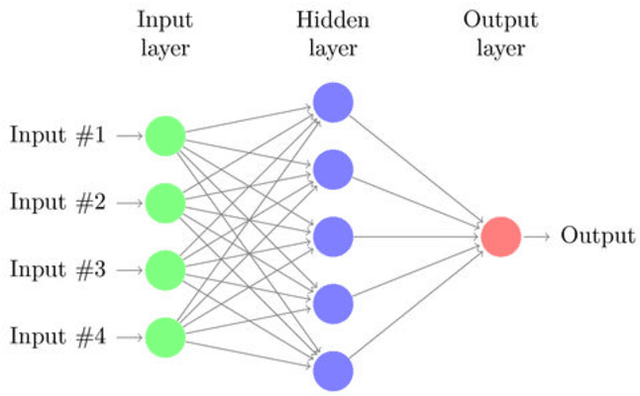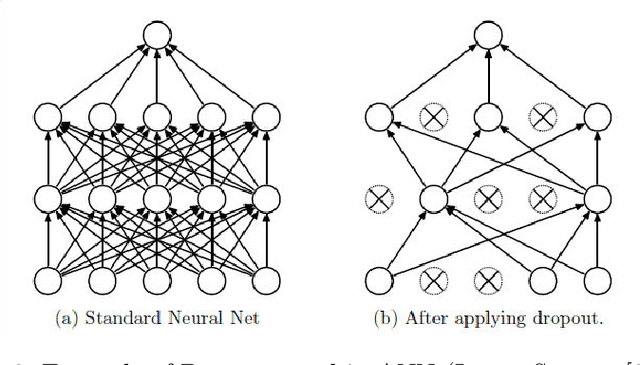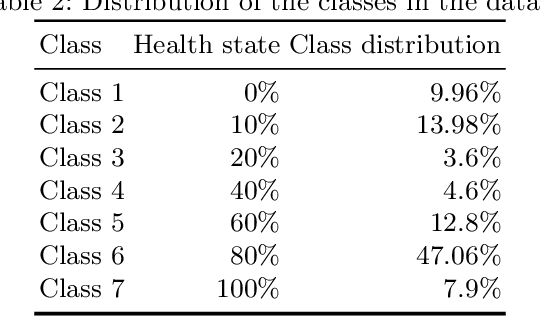Building robust prediction models for defective sensor data using Artificial Neural Networks
Paper and Code
Apr 16, 2018



Predicting the health of components in complex dynamic systems such as an automobile poses numerous challenges. The primary aim of such predictive systems is to use the high-dimensional data acquired from different sensors and predict the state-of-health of a particular component, e.g., brake pad. The classical approach involves selecting a smaller set of relevant sensor signals using feature selection and using them to train a machine learning algorithm. However, this fails to address two prominent problems: (1) sensors are susceptible to failure when exposed to extreme conditions over a long periods of time; (2) sensors are electrical devices that can be affected by noise or electrical interference. Using the failed and noisy sensor signals as inputs largely reduce the prediction accuracy. To tackle this problem, it is advantageous to use the information from all sensor signals, so that the failure of one sensor can be compensated by another. In this work, we propose an Artificial Neural Network (ANN) based framework to exploit the information from a large number of signals. Secondly, our framework introduces a data augmentation approach to perform accurate predictions in spite of noisy signals. The plausibility of our framework is validated on real life industrial application from Robert Bosch GmbH.
 Add to Chrome
Add to Chrome Add to Firefox
Add to Firefox Add to Edge
Add to Edge